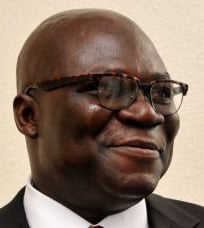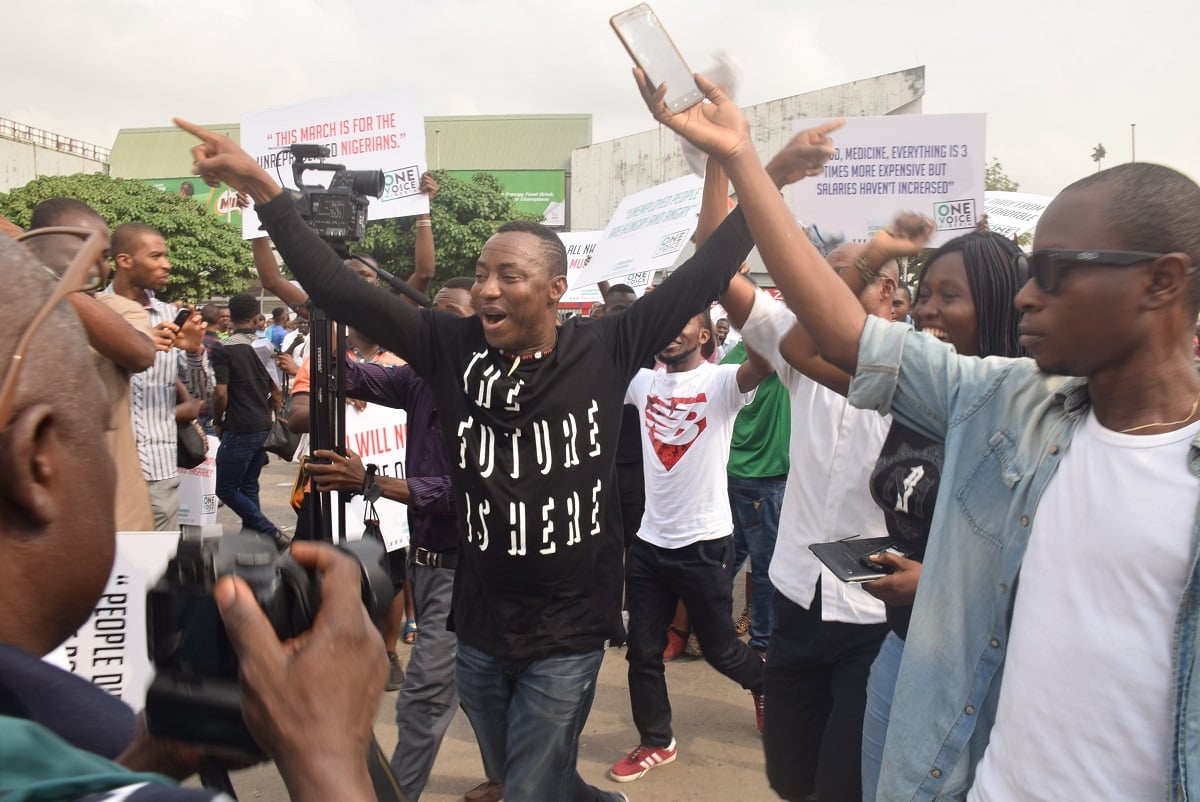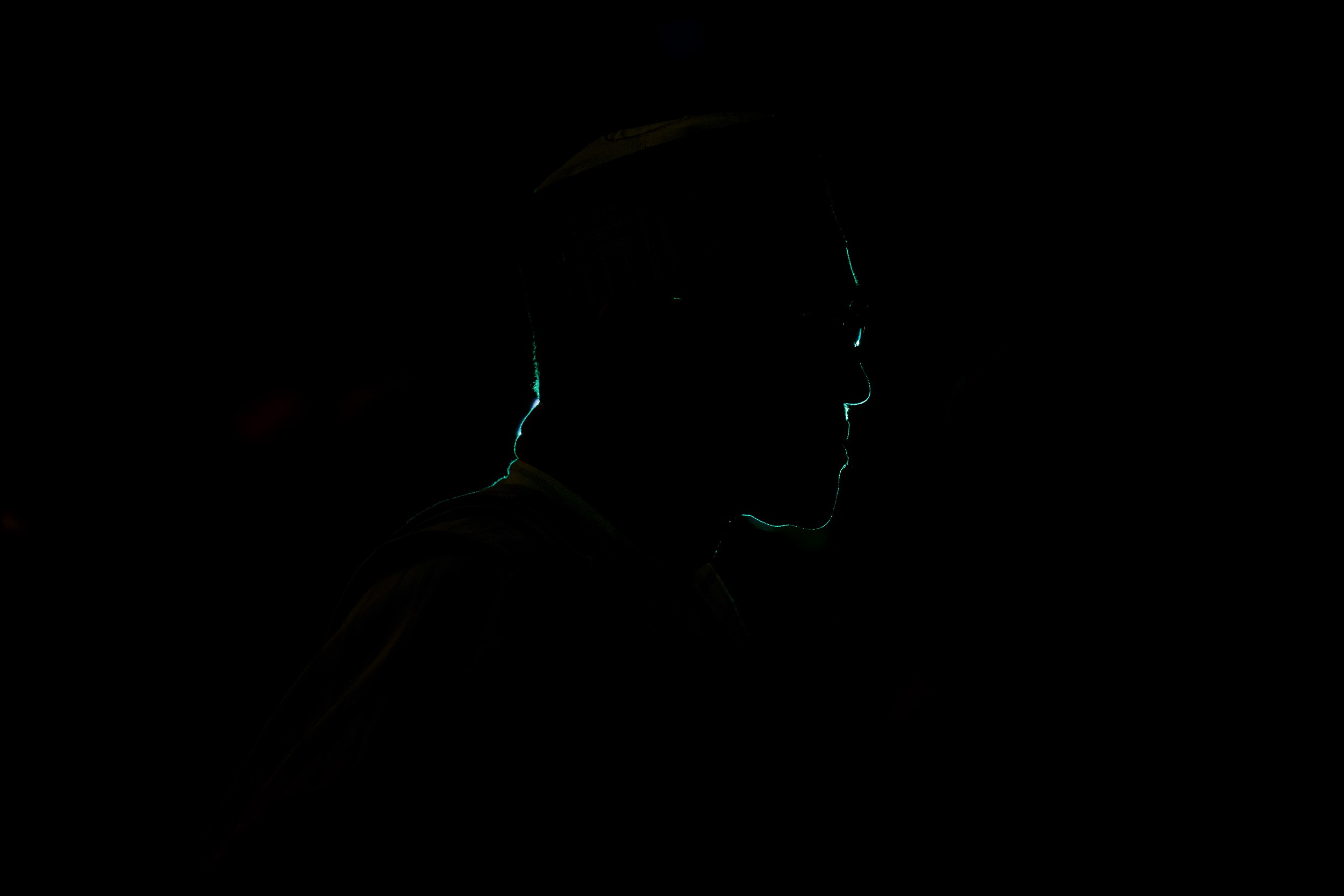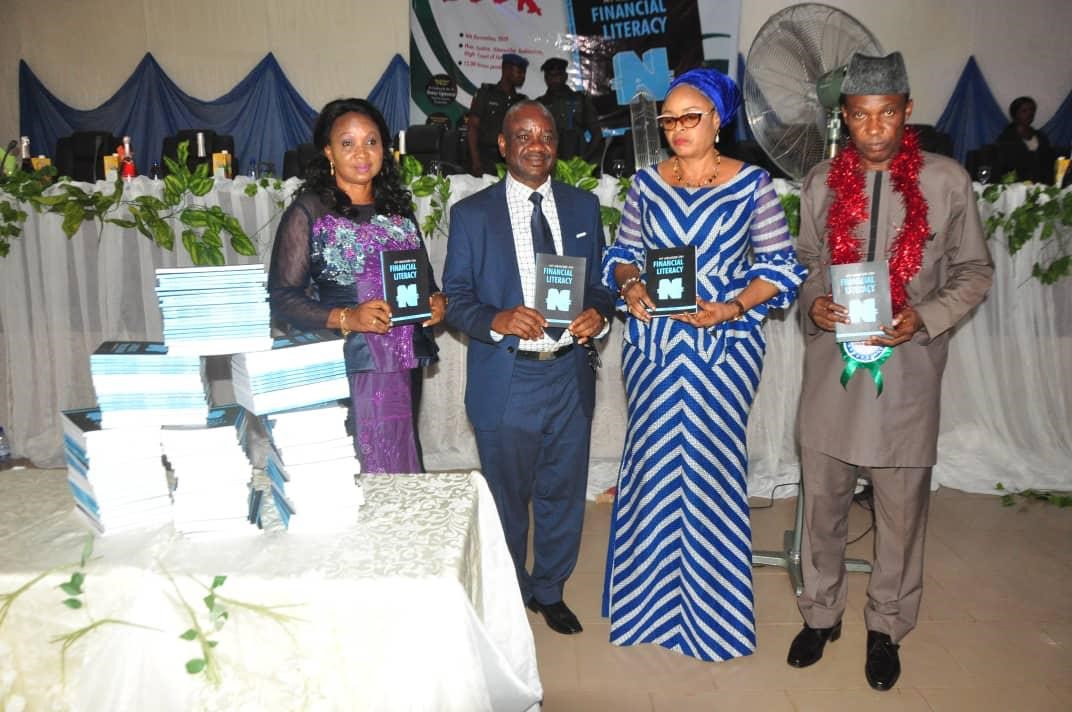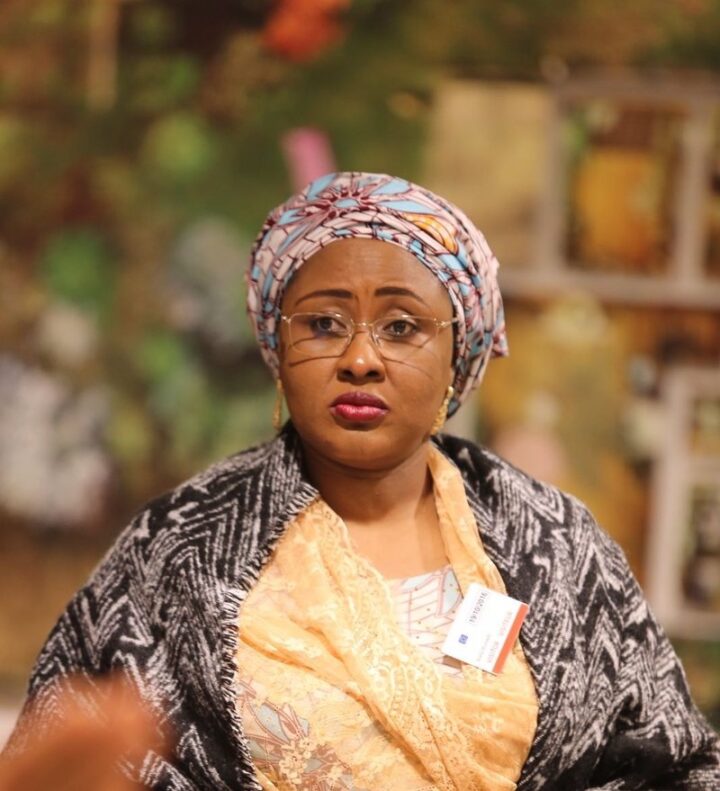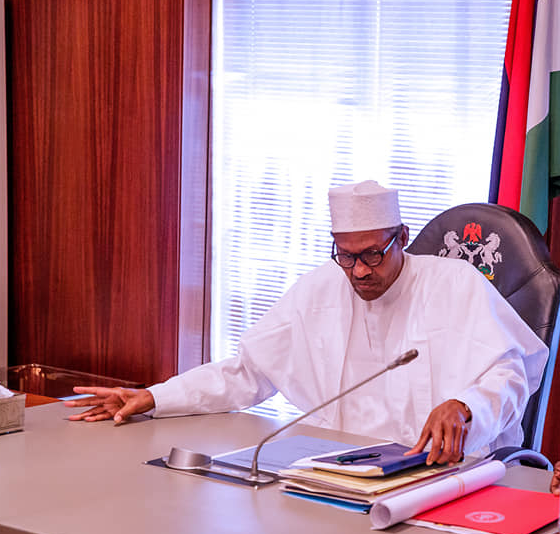The mishandling of the Omoyele Sowore case has become clearly an albatross for the Nigerian government, an embarrassment for the incumbent Federal Government and a public relations disaster for both the Department of State Services and Nigeria as a whole. All of that was patently avoidable. Inadvertently, the Federal Government has turned Omoyele Sowore into a “hero”, a symbol for resilience against official impunity in Nigeria, and a poster figure for courage and boldness. In using the law to paint him as “an enemy of the state”, they have ended up painting the Nigerian state as an “enemy of the rule of law, due process and judicial independence.”
This was a station Nigeria supposedly left with the return to civilian rule in 1999. What is happening in the Sowore case is akin to a turning back of the hands of the clock. Whatever happens, the Nigerian government with the psycho/melodrama, last week at a Federal High Court in Abuja now finds itself in a Catch-22 situation.
Whatever may be the weight and proof of evidence at the disposal of the prosecutors, the mismanagement of the optics and the process, has turned Sowore into a hero. If he is convicted in the long run, he will be considered a prisoner of conscience. Even if the Federal Government enters a nolle prosequi, and the case dies judicially, Sowore could run as far as he can on the global stage with the national honour that the Nigerian Government would have mistakenly bestowed upon him. He and his followers have shown a greater and better understanding of the dialectics of power, history and protest than the Nigerian Government. A basic rule in this dynamics is to know the enemy, and adopt a “counter-revolutionary” strategy. In this instance, the Nigerian Government has so far played Sowore’s game and I dare say they have played into his hands. Even if they win in the court of law, or succeed in further violating the orders of the courts, I do not see the government winning in the courts of local and international public opinion. For President Muhammadu Buhari who by now should worry more about his legacy, as the clock ticks and time passes, this should be a matter of great concern beyond the incredulous statements issued by Nigeria’s secret police and the unhelpful, chest-beating declarations on his behalf by Presidential spokesman, Garba Shehu. It is sad that the Buhari administration is repeating the mistake of 1984, most unnecessarily.
Sowore is the owner of the game so far and that is not by happenstance. He may not qualify as a man of ideology to the extent that he is not popularizing either scientific socialism or its alternative, caught as he is at the intersection of neo-liberalism complexity and a revolutionary conviction that is couched in shades of populism and opportunism. But his mastery of the psychology of protest is unimpeachable. He is definitely not new to activism and its tactics. A graduate of Geography and Regional Planning of the University of Lagos, Nigeria (1989 – 1995), and holder of a Master’s degree in Public Administration, Columbia University, United States, Sowore’s life has been one of consistent involvement in protest. He was, between 1992 and 1994, President of the Student’s Union Government at the University of Lagos. This was at a time corruption and cultism were reportedly rife at that university. Sowore turned the SUG into a machinery for exposing cultists and corrupt elements. The University expelled him twice. It took him six years to complete a four-year programme. In 1992, he led an army of 5, 100 students against the Ibrahim Babangida military government. Many activists were killed. Sowore survived. He was also a June Twelver: the pro-democracy coalition that rejected the annulment of the 1993 Presidential election that was won by Chief M.K.O Abiola. He stood with other men of conscience at the barricades. Many were killed and maimed. The Abacha military hauled hundreds of persons into jail. Sowore would eventually find his way to a life in exile in the United States where he created an online platform, Sahara Reporters, through which he launched another campaign against excesses in Nigeria.
Advertisement
I know Sowore. Let me rephrase that: I know his type, that is his persona. There are people like him who are psychologically wired to find something to fight, or protest against. It is the adrenalin that drives them. They are motivated by the urge to change either the world or their immediate environment, and they take on that task as a mission. Whoever tries to offer them a contrary advice does so in vain; they believe that it is in a life of struggle that the meaning of life inheres. This may place their lives and the lives of others at risk but they often do not care. Their vision of reality is to identify a fault line in the immediate environment and seek to change it. The more you try to persuade them otherwise, the more they insist. When they are bored with a particular mode of intervention, they invent new ones. They often come across as selfish, stubborn and ambitious, but the curious thing is that the Establishment in seeking to protect the status quo, helps the cause of such persons by going after them with the coercive instruments of state and power. For many years, Sowore was known as a students’ union activist, anti-corruption crusader, blogger and social critic. In 2018, he decided to join partisan politics. He founded and registered a political party, the African Action Congress (AAC) and was chosen as the Presidential Candidate of the party. His main message was that Nigeria had been captured by unconscionable, incompetent and corrupt elements to the people’s disadvantage and that the country needed to be taken back to the people. He ran a spirited campaign, falling back on his old constituency – the youth of Nigeria and students’ groups across the country. He spoke the language of the streets, and relied on street credibility. He didn’t dress like the other politicians. He didn’t speak their language. He had unusual ideas – such as proposing to legitimize the cultivation, consumption and export of marijuana as a way of diversifying the Nigerian economy and expanding the country’s revenue base. He was a maverick, and an outsider, seeking power. As is the case with his likes, he made significant impact. His party, the AAC became an issue in the Gubernatorial politics of Rivers State, even if not in a manner he approved of. In the Presidential election, Sowore came tenth with 33, 953 votes (0.12%). This should not be seen in terms of the numbers recorded, but the impact that he made in an election that was marred by irregularities and reports of manipulation. He had no money, but it was clear he had a voice and a base, beyond the actual numbers.
Sowore had three options thereafter: he could have gone back to the United States and focus on his teaching and blogging engagements, or count his losses and hold his tails between his legs, or perhaps go to court to challenge the outcome of the 2019 Nigerian Presidential election. Instead, he condemned the outcome, and launched in due course a #RevolutionNow movement through which he announced a plan to mobilise Nigerians generally to “take the government back”. It was a bold move. It was a courageous response. It was an act of affront against the government. But unpacked, it was obvious that the strongest weapon in Sowore’s arsenal was rhetoric, free speech, orange berets and placards. He had just a handful of people around him, wearing orange berets, emblazoned with the emblem of his political party, the AAC, and non-party members who also screamed that they wanted a “revolution”. As they defined it, they wanted change and improvement in the lives of Nigerians. I was convinced that given the sociology of protests in Nigeria, the #RevolutionNow campaign was at best academic, especially given the balance of forces in the country, with all the coercive instruments of state power firmly deposited in the hands of the Buhari administration. Existential considerations in Nigeria are also so tragically circumstanced. It would take more than the wearing of berets and the chanting of slogans to move the needle. Sowore’s activism adopts the exact tactics of campus journalism, students’ unionism and civil society protest. He does not come across as a man of violence to warrant the panic response and over-reaction of the state.
But the state, represented by the Department of Sate Services, Nigeria’s secret police, over-reacted. On August 3, 2019 they stormed Sowore’s residence in Lagos and Gestapo-style, abducted him in the middle of the night, breaking down doors and windows. Members of the #RevolutionNow protest later went ahead with the protest scheduled for August 5. Hundreds of them were arrested across Nigeria, notably in Southern Nigeria where the protest was basically concentrated. Today, the public only hears of two names in DSS custody: Omoyele Sowore and Olawale Bakare (aka Mandate). It is not impossible that there are some unnamed and overlooked #RevolutionNow protesters languishing in some Awaiting Trial prisons in parts of the country. Five months after Nigeria’s general elections in 2019, it suddenly became a crime to use the word “revolution” or make any reference to “change”. Sowore and his allies dared the state and Nigeria found itself confronted with a most problematic post-election situation. My argument is: it could all have been handled differently and far more intelligently.
Advertisement
By over-reacting, the Federal Government has turned Omoyele Sowore into “the Bobi Wine of Nigeria.” Nigeria’s Department of State Services has only managed to increase Sowore’s political capital.
He was granted bail on September 24, 2019. The secret police ignored the court’s order. The Court varied the original terms, upon request by Sowore’s counsel and granted another bail order on October 4. Nigeria’s secret police again disobeyed the court. It constituted itself into a Court of Appeal, and gave conditions not contained in the Order of Court. The agency further indulged itself with rationalisation that simply looked stupid in the eyes of right-thinking members of society: (1) “Sowore and other detained persons prefer to stay in DSS detention because the agency has five-star facilities” (does that sound intelligent?) and (2): “Sowore is better off in the custody of the state secret police so he doesn’t get killed by a hit and run vehicle” (auto-suggestion?), and (3) “The DSS could not release Sowore and Bakare because nobody had shown up to receive them (how about the counsel – Femi Falana, SAN, who retorted that he had made every effort to receive the detained persons, now legitimately granted bail, but not even the Director General of DSS, who is well known to him, would grant him audience?) and (4) “For Sowore and Bakare to be released, their sureties must report to the DSS and go through proper documentation” (was that part of the bail conditions declared by the Court – No?).
In the face of public outrage, the DSS bared its fangs. When a group of Concerned Nigerians tried to visit the DSS Headquarters in Abuja to demand the release of Swore and Bakare in compliance with Court Orders, they were tear-gassed, brutalized, shot at and dispersed. On December 4, the court of Justice Ijeoma Ojukwu gave the DSS a 24-hour ultimatum to release Swore and pay him a sum of N100, 000 as damages or face the wrath of the law. Clearly in response to the outrage and the vitriolic comments that the government’s brazen disregard for the rule of law had generated, and the threat by the Court to charge the DSS boss for contempt, the agency promptly complied. Sowore and Bakare were released. On December 5, both parties were back in Court and the judge fixed the commencement of trial on the 4-count charge against Sowore – treason, money laundering, insulting the President and cyberstalking – for February 11, 2020. The Judge even praised the DSS for respecting her ruling of December 4. But then hell broke loose as the DSS re-arrested Sowore within court premises without an arrest warrant and an order of detention and without recourse to the court of law. In 24 hours, the DSS reversed itself and in doing so, embarrassed the Nigerian government and exposed it to ridicule.
There have been conflicting versions of what exactly transpired, but whatever that was, it is Omoyele Sowore and his counsel who are controlling the narrative. Nobody believes the DSS! An intelligence agency should never lose the trust and confidence of the people. It must not become partisan. In 2018, a team of DSS officers attacked the National Assembly. In 2019, the same DSS took over the premises of a Federal High Court and abducted a man standing trial. Nigerians are convinced that the DSS is pursuing a political agenda. No amount of press statements can correct that impression at this point. The Presidency’s statement “in support of the DSS” is also absurd because it puts President Buhari on the spot. No state official should ever use the President as “a scapegoat.” Others should take the bullets for him. The public has every right to accuse the President because he is the Head of Government and Head of Sate but to tell the public that an agency of the Executive arm of government can do as it wishes because it has a constitutional mandate and that the President should not be blamed is an endorsement of fascism.
Advertisement
The Presidency is urged to take notice of the local and international reactions to the Sowore saga and retrace its steps. Release Sowore and Bakare, investigate and sanction rogue elements in the DSS, and design a strategy to change the narrative. Many revolutionaries often fail by overstretching their luck and by over-estimating their own preparedness. Sowore in the course of his present travails should also watch his back. His wife, mother and children want him back alive, and they have the backing of the United States and the Nigerian civil society. He too should learn to live and fight another day: (because) “… he who is in battle slain can never rise to fight again” (Oliver Goldsmith).
Views expressed by contributors are strictly personal and not of TheCable.
Add a comment
